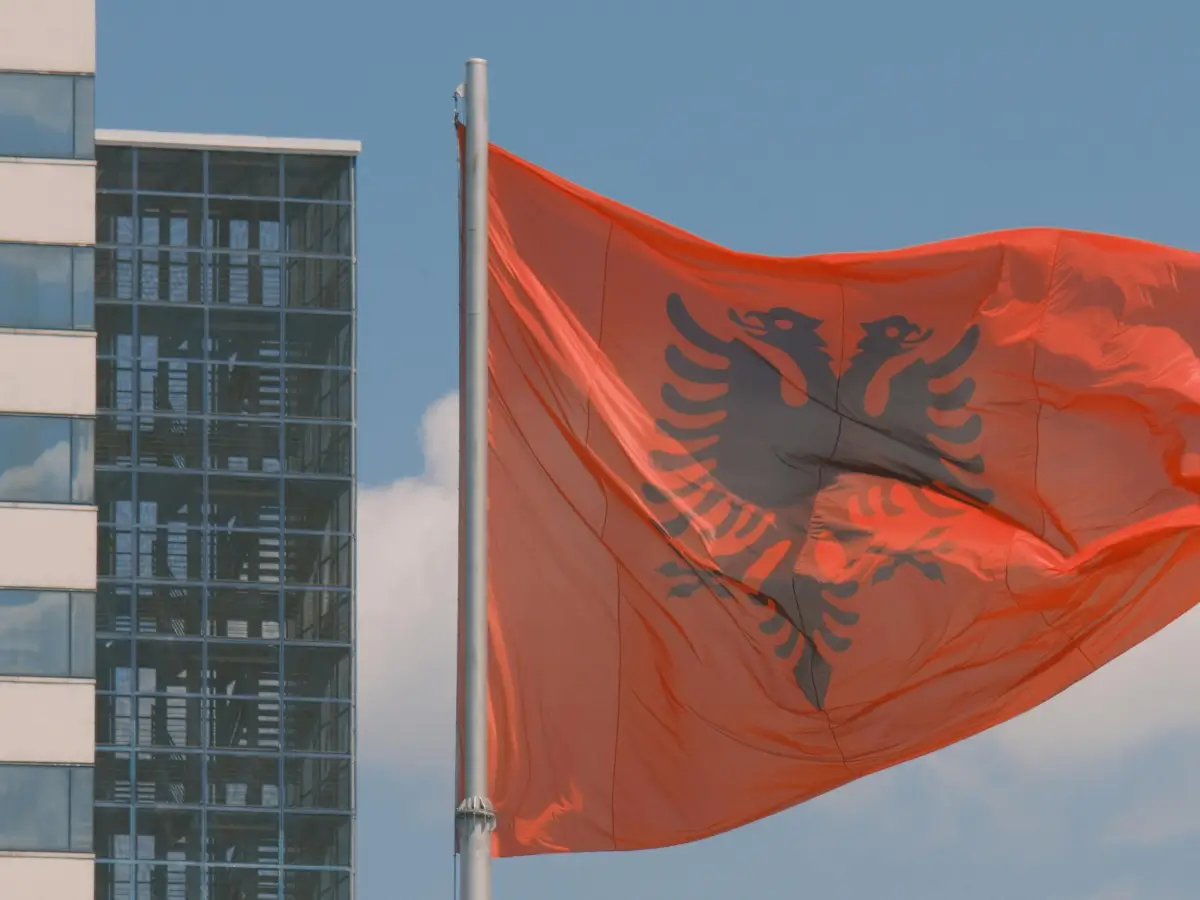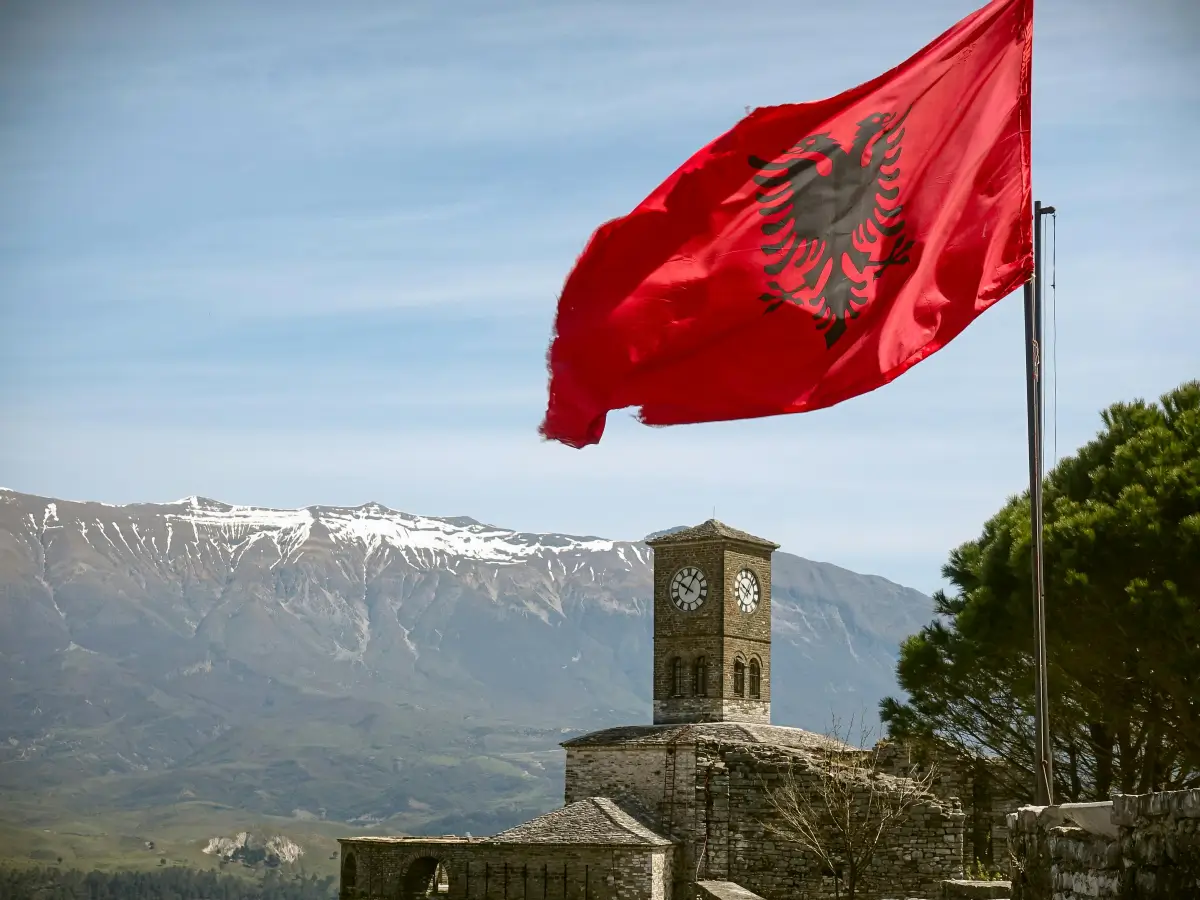Albania’s path to independence is a story of resistance, cultural survival, and a deep desire for self-determination. After centuries under foreign domination, the Albanian people stood up not just to form a new country, but to preserve a language, identity, and culture that had endured against all odds.
Independence wasn’t won through a single battle or event — it was the result of years of rebellion, diplomacy, and national awakening. It marked a turning point that continues to shape how Albanians see themselves and their place in the world.

Centuries of foreign rule before independence
For nearly 500 years, Albania was under Ottoman rule. During that time, the Albanian identity was suppressed, though never erased. While some Albanians became part of the Ottoman military and government, others preserved their traditions in the highlands and rural areas, passing down their language and customs in secret.
Religious conversions took place, administrative divisions changed, but what remained constant was the determination of Albanians to remain distinct. As neighboring nations began to seek independence in the 19th century, Albanians began organizing themselves to do the same.
The rise of the Albanian national movement
By the late 1800s, a movement known as the Albanian National Awakening began to form. This cultural and political push aimed to promote the Albanian language, open Albanian schools, and create national unity. Writers, teachers, and activists played a key role in keeping the identity alive — especially as neighboring countries made territorial claims on Albanian-inhabited lands.
As the Ottoman Empire weakened, Albanians feared that their land would be divided between Greece, Serbia, and Montenegro. The urgency to declare independence grew, not just for political freedom, but to prevent the disappearance of Albania as a nation.
The Declaration of Independence in 1912
On November 28, 1912, in the city of Vlorë, a historic assembly took place. Delegates from all over Albania gathered to declare the country’s independence from the Ottoman Empire. This event marked the birth of modern Albania as a sovereign state.
Ismail Qemali, one of the leading figures of the national movement, raised the Albanian flag and became the head of the provisional government. This moment is considered the cornerstone of Albania’s modern identity and is celebrated every year as Independence Day.
The early years of the Albanian state
Independence was only the beginning. Albania faced immediate challenges. International borders had not been clearly defined, and neighboring countries continued to push for control over Albanian territories. In the years following 1912, Albania experienced political instability, foreign intervention, and the hardships of World War I.
Despite these difficulties, the idea of an independent Albanian state held strong. It took years of diplomatic struggle and national effort to protect the country’s sovereignty and lay the foundations of statehood.

Why independence still matters to Albanians
The story of Albania’s independence is more than a historical event — it is a defining chapter in national memory. It represents survival, unity, and the right to exist as a people with a unique language, culture, and identity.
To this day, the values tied to independence shape Albania’s politics, education, and national pride. It’s taught in schools, honored in ceremonies, and remembered in the red and black flag that flies across the country.
Independence forged key elements of Albanian identity
-
Language preservation — Protecting and standardizing the Albanian language was central to the independence movement
-
Territorial unity — Despite divisions and external claims, Albanians aimed to create a unified homeland
-
Cultural revival — Music, literature, and folklore became tools of resistance and national pride
-
Self-determination — The right to govern without foreign control became the foundation of national strength
-
Pride in struggle — Independence is seen not as a gift, but something earned through sacrifice and vision
These values continue to resonate across generations.
Albania’s independence is not just a page in a history book — it’s a symbol of resilience. It reflects the journey of a small nation that refused to disappear, a people who defended their language and identity when it was at risk of being erased.
It remains a source of pride, not only for what was achieved in 1912, but for what it means today: freedom, dignity, and the power of unity.